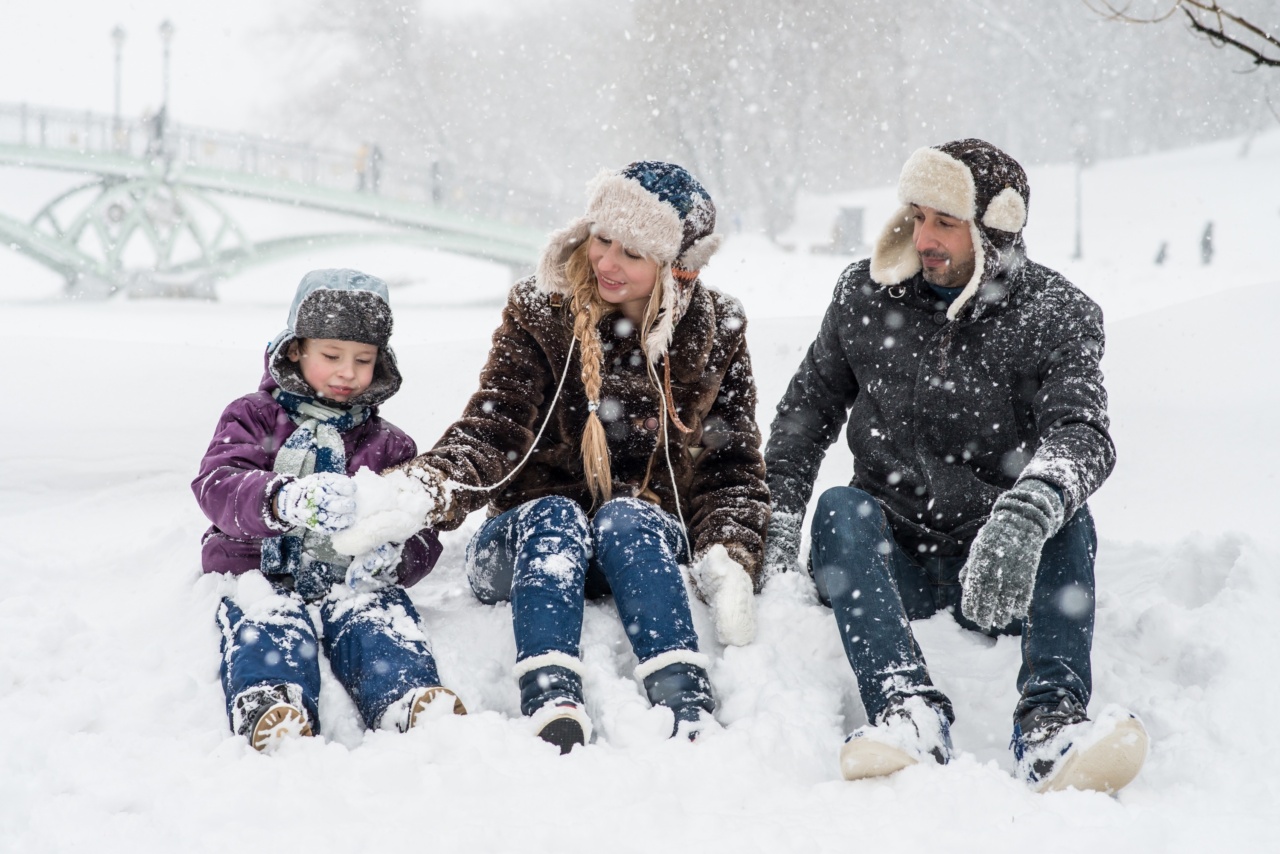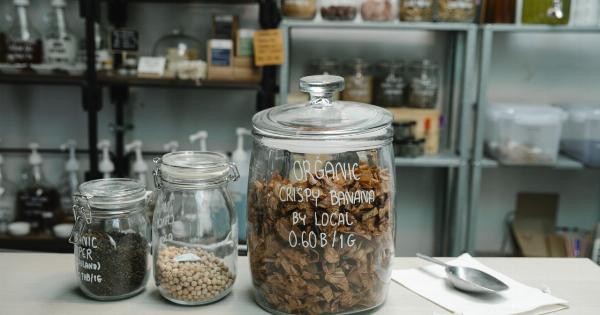Cold and rhinosinusitis are common respiratory conditions that can affect both children and adults. They can cause discomfort and interfere with daily activities.
However, with proper preventive measures, it is possible to reduce the risk of these conditions and maintain good respiratory health. In this article, we will discuss some effective strategies to prevent cold and rhinosinusitis in adults and children.
1. Wash Your Hands Frequently
One of the simplest yet most effective ways to prevent the spread of cold and rhinosinusitis is by washing your hands frequently. Use warm water and soap, and ensure that you lather thoroughly for at least 20 seconds.
Pay special attention to the spaces between your fingers, the backs of your hands, and under your nails. Encourage children to wash their hands regularly as well, especially before meals and after using the bathroom.
2. Maintain Good Respiratory Hygiene
Respiratory hygiene plays a crucial role in preventing the transmission of cold and rhinosinusitis. Always cover your mouth and nose with a tissue or your elbow when coughing or sneezing. Teach children to do the same.
Avoid touching your face, particularly your eyes, nose, and mouth, as these are common entry points for viruses and bacteria.
3. Keep Your Surroundings Clean
Regularly clean and disinfect frequently touched surfaces in your home and workplace, such as doorknobs, light switches, remote controls, and countertops. Use a disinfectant that is effective against viruses and bacteria.
Pay attention to cleaning children’s toys, especially if they are frequently shared with others. By keeping your surroundings clean, you can minimize the risk of coming into contact with infectious pathogens.
4. Avoid Close Contact with Sick Individuals
If someone in your household or workplace has a cold or rhinosinusitis, it is advisable to maintain a distance from them to reduce the risk of transmission. Avoid close contact, such as hugging or sharing personal items.
Encourage the sick individual to practice good respiratory hygiene and seek medical attention if necessary.
5. Boost Your Immune System
A strong immune system can help protect against various infections, including cold and rhinosinusitis.
To boost your immune system, make sure to get plenty of sleep, eat a healthy and balanced diet rich in fruits and vegetables, exercise regularly, and manage stress effectively. Consider incorporating immune-boosting supplements, such as vitamin C and zinc, into your routine after consulting with a healthcare professional.
6. Stay Hydrated
Proper hydration is vital for maintaining optimal respiratory health. Drink plenty of fluids throughout the day, preferably water, to help keep your respiratory mucous membranes moist.
Adequate hydration can help prevent the nasal passages from becoming dry, which makes them more susceptible to infections.
7. Practice Good Nasal Hygiene
Keeping your nasal passages clean and moist is an important preventive measure against cold and rhinosinusitis. Use saline nasal sprays or nasal irrigation to rinse your nasal passages and help remove irritants and pathogens.
Avoid excessive use of nasal decongestant sprays, as they can lead to rebound congestion if used for extended periods.
8. Stay Away from Irritants and Allergens
Irritants and allergens can worsen cold and rhinosinusitis symptoms or trigger an episode. Avoid exposure to cigarette smoke, air pollution, strong perfumes, and other irritants.
If you have known allergies, take necessary precautions to minimize exposure to allergens, such as pollen, dust mites, or pet dander.
9. Vaccinate Yourself and Your Children
Vaccination plays a key role in preventing various respiratory infections. Stay up to date with recommended vaccinations, such as the seasonal flu vaccine, pneumococcal vaccine, and any other vaccines recommended by healthcare professionals.
Ensure that your children receive age-appropriate vaccinations to protect them from respiratory illnesses.
10. Teach and Practice Good Hygiene Habits
It is essential to educate both children and adults about the importance of good hygiene habits in preventing cold and rhinosinusitis.
Teach children to wash their hands properly, cover their mouth and nose when coughing or sneezing, and avoid touching their face without washing their hands. Lead by example and make these habits a regular part of your family’s routine.






























